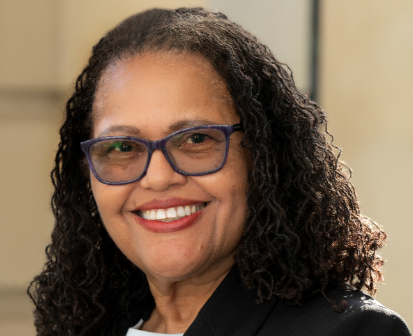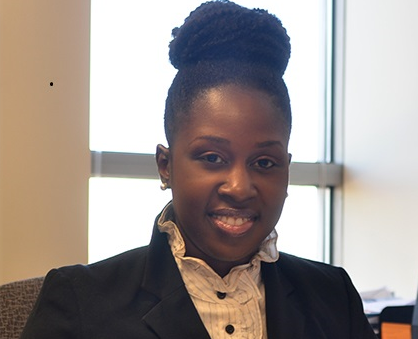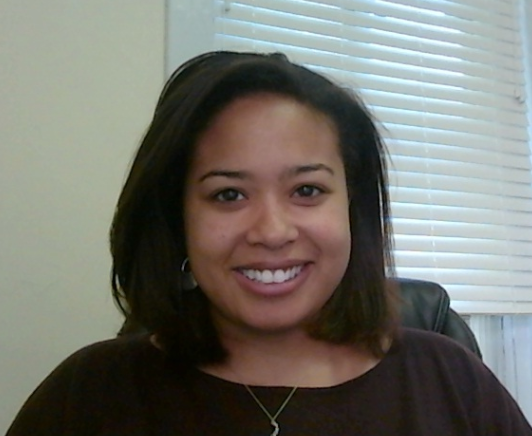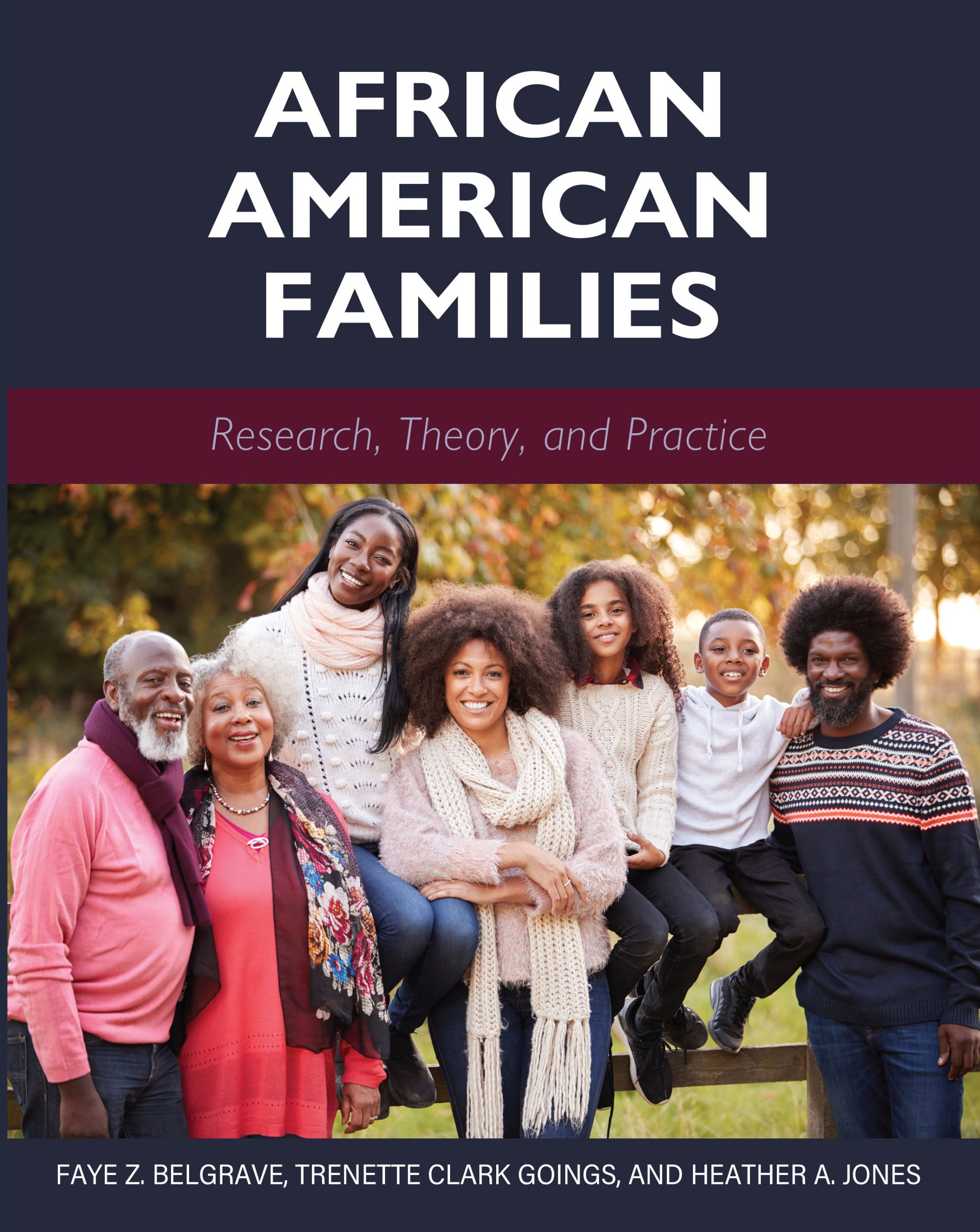


Trenette Clark Goings, Ph.D., Sandra Reeves Spears and John B. Turner Distinguished Professor, School of Social Work, University of North Carolina at Chapel Hill
Heather A. Jones, Ph.D., Associate Professor of Psychology, Virginia Commonwealth University
What are your main areas of research or professional expertise?
Faye Belgrave: My areas of research and programmatic activities fall in three broad areas: (1) health equity; (2) equity, inclusion, and diversity, and social justice; and 3) African American psychology. As the founding director of the Center for Cultural Experiences and Prevention, I work collaboratively with community organizations to promote health and well-being within the local community, particularly for African American youth and families.
Trenette Clark Goings: My research centers broadly on health disparities prevention. To achieve this goal, my research primarily focuses on the primary prevention of substance use among adolescents and emerging adults of color, particularly among African American youth. I strive to use the best available science, culturally congruent practices, and micro and macro-level interventions to prevent adolescents and emerging adults from initiating substance use and risky behaviors.
Heather Jones: I conduct research and teach largely in the area of youth and family mental health with an emphasis on African American youth and families. I direct the Families and Mental Health Research lab at Virginia Commonwealth University (VCU). I also co-direct the VCU Primary Care Psychology Training Collaborative, which focuses on training graduate students to provide behavioral health services to the Richmond community in primary care clinics. In this way, much of my work focuses on collaborating with colleagues and community members in order to train the next generation of psychologists to work with African American youth and their families.
What personal or professional experiences have shaped your current approach to teaching or the focus of your research?
FB: I have taught African American Psychology and included units on African American families in this course. I have also given many lectures and talks to academic and lay audiences on African American families. I have written academic books on African American Boys and African American Girls and in reviewing the literature, realized that any description of African American youth cannot be done without discussing the family. Additionally, my personal experience of being part of a very large African American family system, fueled my interest in uncovering the dynamics, structure, and strengths of African American families.
HJ: I have had a number of experiences that have shaped my approaches to teaching and research, including identifying as Black myself and seeing the health and mental health disparities affecting my community. Increasing mental health literacy and access to care is a big focus of everything I do, whether it’s via my teaching, research, or community service.
What inspired you all to publish African American Families?
FB: In writing this book, we wanted to dismantle myths about African American families such as the uninvolved father and the lack of involvement of parents in their children’s education. I also wanted to highlight the diversity of African American families.
TCG: We wrote this book to capture African American families’ experiences in the United States, and how those experiences continue to shape contemporary African American families.
HJ: We were inspired to write this textbook, in part due to the limited number of contemporary texts on African American families. Additionally, we wanted to take a strength-based perspective with the text, which is an important context for understanding African American families.
What makes your textbook unique within the academic market?
FB: This book is unique in several respects. Most chapters include recommendations for practice, programming, and/or policy. Our book assumes that values and behaviors of African American families have origins in African culture and thus provides a historical context that does not start with enslavement. The book also focuses on strengths found in African American families and how these strengths have attenuated challenges such as institutional and structural racism. There are also instructor aids in the book including PowerPoints and a test bank.
TCG: Our book is distinct from other books on the African American family. With only three coauthors, our book has an authorial, uniformed voice throughout the textbook, which many readers appreciate. Each chapter is informed by theory and offers recommendations for research and practice. Throughout the book, we acknowledge how policies and context have influenced and continue to influence the contemporary African American family. I am especially excited about Chapter 2, which provides the history of the African American family beginning in Africa and ending with today’s Black Lives Matter movement, calls for monuments to be removed, and continued family racial socialization. I am thrilled that we included a chapter offering theoretical and methodological considerations when working with African American families.
What was the most challenging aspect of creating your textbook? The most rewarding?
FB: The most challenging aspect of creating this book was making sure it was up-to-date with the fairly large amount of recent literature published on the topic. At the same time, there was very little research on some important topics such as LGBTQ+ families. The most rewarding aspect was seeing how the chapters came together to present a comprehensive and integrative text.
HJ: While it was incredibly challenging to write the text during a global pandemic and local and national events, it feels especially rewarding to know that we did complete it during these different stressors (many of which disproportionately affected the BIPOC community). I think that speaks to our resilience, collaborative relationships, and supportive publishing team.
Ultimately, what do you hope students and readers take away from your textbook?
FB: We hope students and readers understand the complexities of the African American family and how our values and behaviors have been shaped by a myriad of conditions and systems in this country. I hope students can understand how African American families have demonstrated strength through adversity.
TCG: I think there are so many takeaways: African American families are not monolithic but diverse like other families; the fact that many African American families have survived and thrived in a nation that was not established for them and has intentionally sought to oppress them; and our reminder to readers that we must consider history, context, and racism when working with African American families. In this country, African American families encounter racism at every stage of life, which can negatively impact their well-being in myriad ways, including underneath the skin, which can be more difficult to notice. I am hopeful that this book will enlighten readers and enhance understanding, respect, and empathy for the journey and experiences of African American families.
About the Book
African American Families: Research, Theory, and Practice illuminates the historical and contemporary experiences of African American families in the United States and demonstrates how they have survived and excelled in a nation not established for them.
Section I describes the African American family, including unique features, family structure, diversity, where they live, historical and contemporary influences on their lived experiences, and theoretical and methodological approaches to studying African American families. In Section II, readers learn about processes, adjustments, and well-being within African American families. Coverage includes parents’ influences on children’s physical, mental, and academic well-being, as well as religion and spirituality. The final section highlights diversity among African American families with chapters on African American fathers, grandparents raising grandchildren, and families with children in the child welfare system. Each chapter features learning objectives, discussion questions, and a section titled “Did You Know?” which draws attention to unique, forgotten, or thought-provoking facts about African American families.
African American Families is an ideal textbook for courses in African American studies, cultural and ethnic studies, sociology, psychology, social work, and education, and for practitioners, researchers, and others interested in the African American family.
Learn more about the book, request a digital review copy, view a sneak preview, or purchase the text: https://titles.cognella.com/african-american-families-9781516598014
About the Authors
Faye Zollicoffer Belgrave, Ph.D. (University of Maryland) is a university professor, professor of psychology, and the founding director of the Center for Cultural Experiences in Prevention at Virginia Commonwealth University. She is also the interim Associate Dean for Equity and Community Partnerships in the College of Humanities and Sciences. Dr. Belgrave’s programmatic and research interests are in the areas of health disparities, culture and context in prevention interventions, and women’s health. Much of her work has been conducted in collaboration with community organizations. Dr. Belgrave is the co-author of the first textbook on African American psychology and has authored many other books and papers on African American youth and families.
Trenette Clark Goings, Ph.D. (Virginia Commonwealth University) is the Spears-Turner Distinguished Professor in the School of Social Work and the director of the INSPIRED Lab at the University of North Carolina at Chapel Hill. Her research focuses on racial and ethnic health disparities with a primary emphasis on the epidemiology, etiology, and prevention of substance use among African American and biracial adolescents and young adults. Dr. Goings is a field expert in substance use prevention, big data analysis, intervention research, and program evaluation, and has been invited to speak on African American youth internationally.
Heather A. Jones, Ph.D. (University of Maryland) is an associate professor of psychology at Virginia Commonwealth University (VCU) and the chair of the child/adolescent concentration of the VCU Clinical Psychology Doctoral Program. She is the director of the Families and Mental Health (FAMH) research lab. Her scholarship focuses on parenting children with mental health difficulties, attention-deficit/hyperactivity disorder (ADHD), and Black children and families. She also co-leads the VCU Primary Care Psychology Training Collaborative, which trains graduate students in the provision of behavioral health care in medical settings, with special attention to issues related to diversity, equity, and inclusion.



